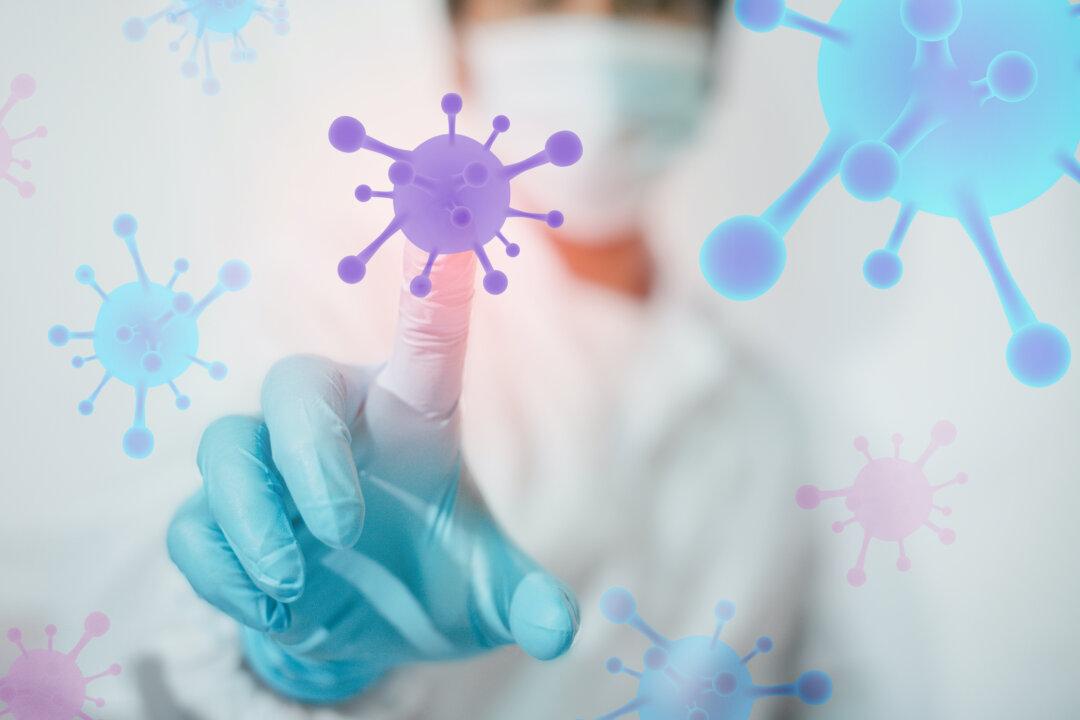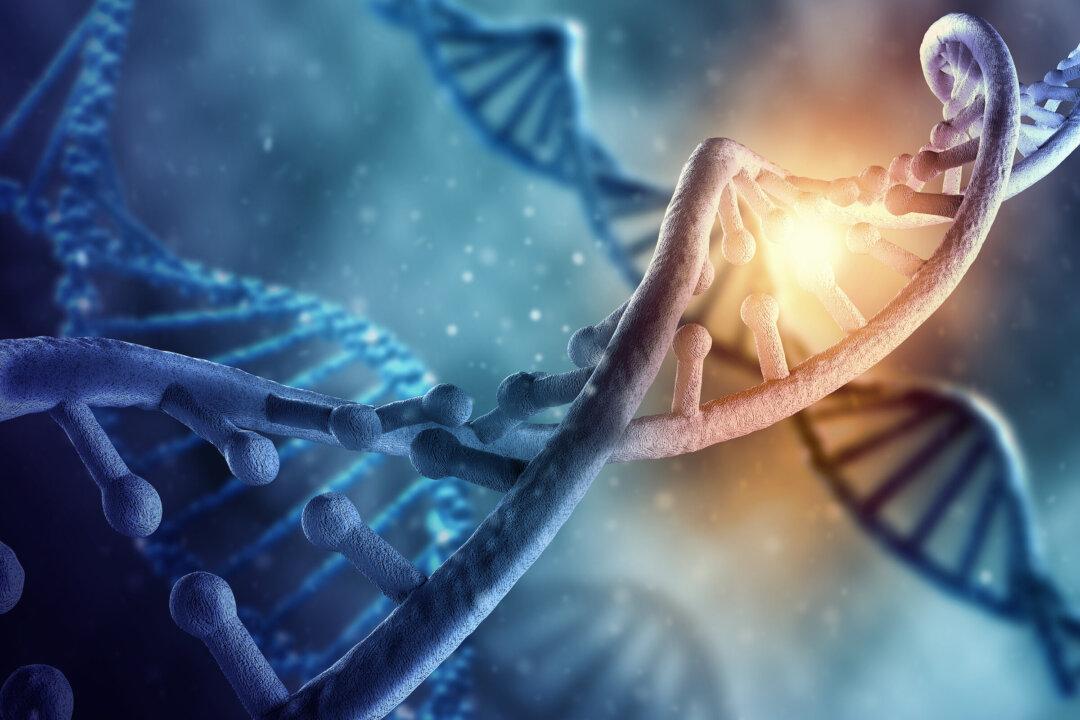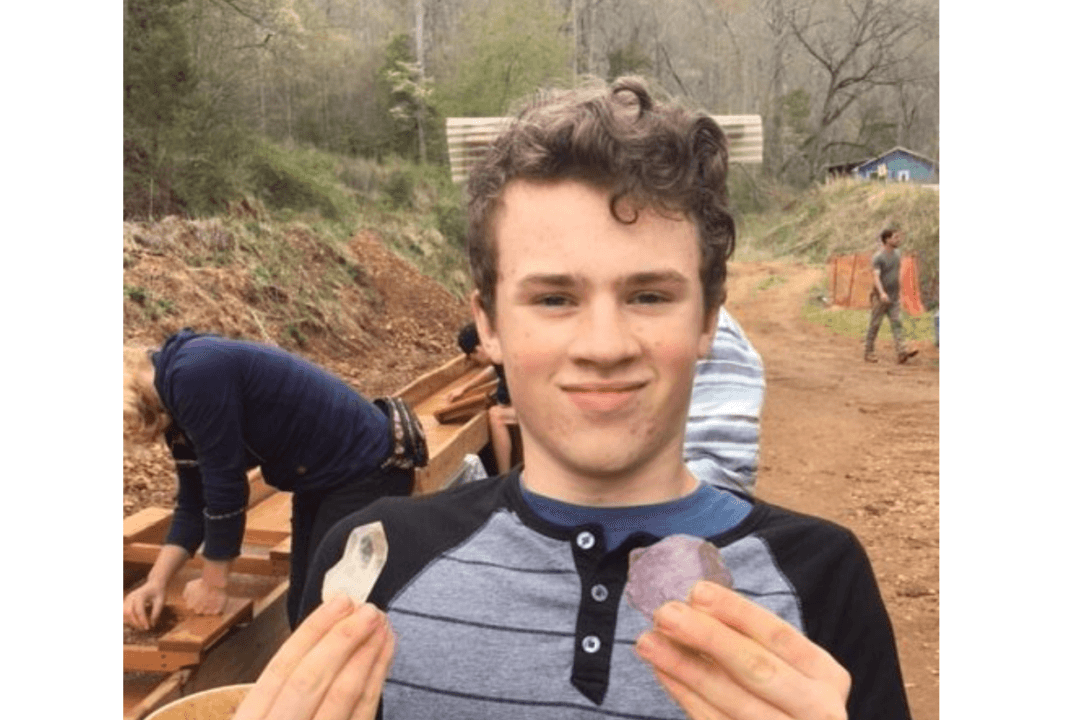Regulators have put different COVID-19 treatments through different degrees of scrutiny, with some relatively safe treatments getting short shrift, while others get an accelerated approval. While vaccines experienced strong and unflinching support, monoclonal antibodies have had a rocky path to sometimes fleeting approvals. Other treatments, like ivermectin, never got approval in the United States but have been widely used elsewhere.
Here is a timeline noting when each COVID treatment came into and out of play with the help of an article on pandemic progression through 2020 from The American Journal of Managed Care, a timeline of Ivermectin-related Events in the COVID-19 pandemic by Mika Turkia in published in Research Gate, as well as a perspective published in Nature Reviews Immunology titled, “The first 12 months of COVID-19: a timeline of immunological insights.”






